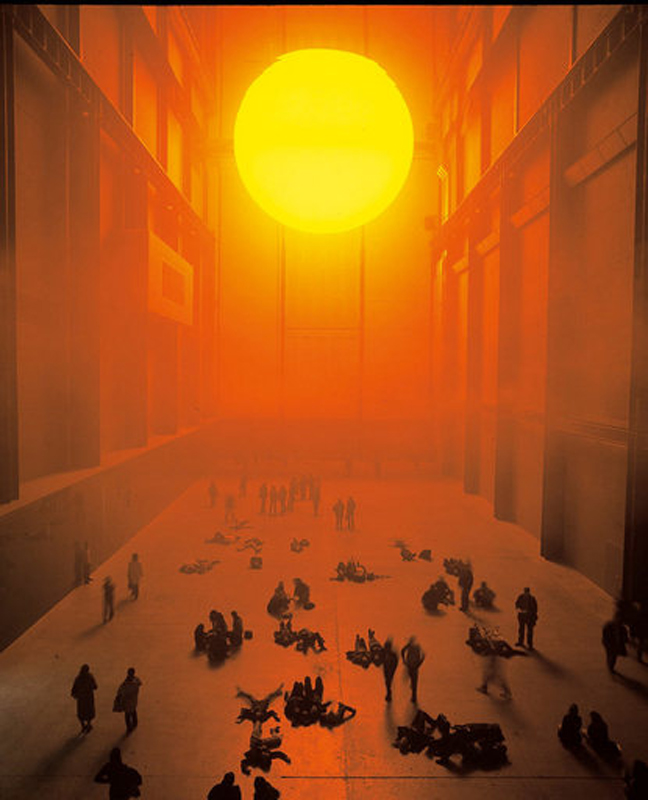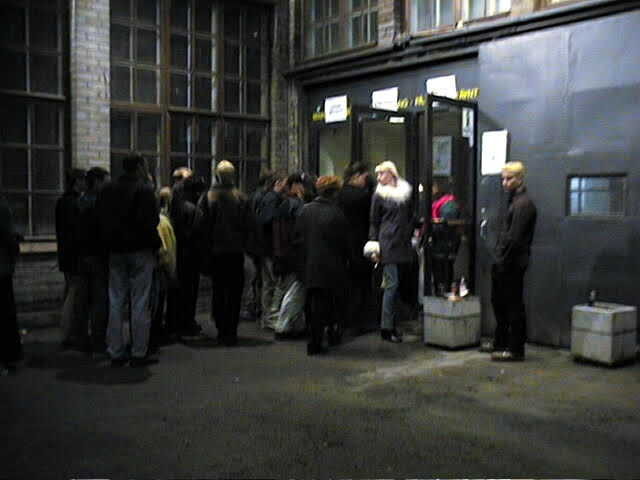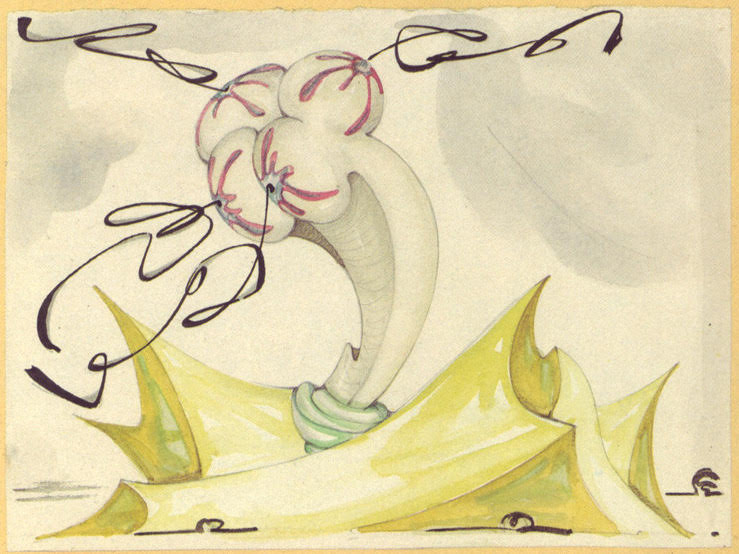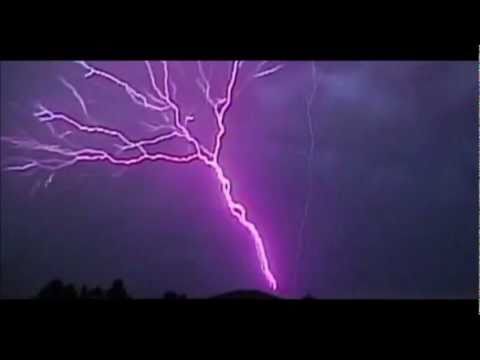
Subject: Neither Sun nor Death

Until now, all technology has been a counter-nature because it has applied principles that do not seem to exist as such in nature, such as, for example, the cut of the straight knife blade, the pure rotation of the wheel, the ballistic path of an arrow that flies from the bow, the craft of knots, and so on. For millennia, technology was allotechnology, that is to say a mechanics built upon anti-natural functions and abstract geometries. From the first glance, we can see the allotechnical machines are constructs and not the fruits of plants. This is reflected in the technological aversion of innumerable individuals. Today is the first time that the threshold has been reached at which technology begins to become a technology akin to nature–a homeotechnology instead of an allotechnology.
This form of technology does not so much break with the modus operandi of nature, but ties onto it, smuggles itself into the indigenous production of living beings, which are set in motion on the basis of a long-term, proven pattern of evolutionary success. Here begins a new form of of cooperation and symbiosis with old nature, a process which, in its own way, is just as uncanny as the old technics. However, the new epi-natures of the second technics will be completely different to the counter-natures of the first technics.
Perhaps that which I call homeotechnology is nothing other than what was dreamed up in the Cabbala, in anticipation. The latter famously represents an attempt to discover and emulate the scriptural procedures of god. The Cabbalists were the first ones to understand that god was no humanist but instead an information technologist. He writes not texts but codes. Whoever could write like god would give meaning to the concept of writing that no human writer had hitherto understood. Geneticists and information technologists already have a different type of writing. In this sense, too, a post-humanistic era has begun.
We know that the deeper we go, the more we find mechanical elements situated at the geographical heart of what might be thought to be intrinsically spiritual and subjective. The upshot of this is that humanity is entering an era in which, in a wholly supra-personal fashion, its heart will be torn from the flesh, insofar as it insists on holding onto old, and manifestly untenable, metaphysically coded distinctions. Bringing into daylight the mechanical element in that which seemingly constitutes the central domain of the subjective will affect practically everything that appeared or had wanted to appear intangible: the relation to the child, the relation to the animal, the relation to one’s own body, including one’s ova and one’s gametes, the relation to erotic experience, the relation to feelings and subjective situations, the relation to language, and, in finishing, the relation to the absolute, which is given to us in those apparently unavailable limit-events that are birth and death.

The future era will be climate-technical, and as such technologically oriented. It will be increasingly seen that societies are artificial from the ground up. The air that, together and separately, we breathe can no longer be presupposed. Everything must be produced technically, the metaphorical atmosphere as much as the physical atmosphere. Politics will become a department of climate techniques.
Today it appears necessary to invert the relationship between the soil and that which is placed upon it. We ought not to justify, but instead to form, to link up, and to let sail. Intensifications replace acts of founding. Indeed, it remains to be shown that cultures as a whole blow about in the air and should not be grasped from the viewpoint of their so-called fundaments. Cultures are atmospheric systems. For them, what are decisive are symbolical processes and moods. The primary product is the foundation of a domestic climate, itself more elementary than the production of food. The atmospheric constitution of culture is the properly ‘fundamental’ element–obviously an absurd expression, it is not in its place except insofar as we are accustomed to use it to designate the prius, that which makes us possible in a primary way.
The great forms live from the fact that they can extract, from an imaginary store, experiential modes of little spheres and transfer them–when this type of transfer of familiarity fails, which is, for example, the case with the present-day construction of Europe, the large structure remains under-animated and its inhabitants experience it as an irreality or a moloch. The mystery of great politics lies, in a certain sense, in processes of permanent transcoding from the small to the large, from the concrete to the abstract–we could also say: it is permanent format stress. It rests on the construction of a sustainable illusion, that of imaginary communities born of the utilization of familial, intimate codes to the benefit of non-intimate, non-familial ones.

The truth, rather than life, is fundamentally and overreaction, an expedition into the disproportionate, and an orgy of self-will. Humans are the animals par excellence of overreaction. Making art means overreacting, thinking means overreacting, getting married means overreacting. All the decisively human capabilities are exaggerations. Walking upright itself was already a hyperbole that could never be totally compensated for with biological advantages. From the outset, there is a trait driving toward madness, into the excessive.
I am no idealist, even less of a cynic, at least not ad hoc. I avoid both traps by means of a simple reflection. I define a philosopher as someone who is defenseless in front of great contexts. This is enough to supplant idealism entirely. It seems to me that avowed idealists, neo-Platonists or thinkers of a laboriously holistic type, all succumb to the same illusion, namely that they actually have to add a supplement of personal excitement or good will to the problems that bring them to reflect. This illusion, or, more exactly, this great air of thinking, appears strange to me; I do not really have any means by which to understand it. I tend rather toward the idea that humans are beings, which, as soon as they start to think, have to endure a situation of being taken hostage by great themes. As soon as our minds have been opened, we learn that we have become hostages of problems, which carry us off somewhere.
The present-day problems that have kidnapped and carried us off are very broad, intrusive, daunting and complex. As it happens, the stakes involve extracting people from the reduced structure of desires and fantasies, from their regionally and nationally constituted identities–whether they like it or not. The psychic forms of the bourgeoisie and petty bourgeoisie in the industrialized world are in the process of being reformatted. We are being remodeled, are moving from the horizon of a humanistic and nationalistic world to an ecological and global horizon. We are caught up in educational processes that enmesh us in the synchronous world of capital, in the global circulation of commodities and information that is to say in what is referred to as the global economy. If we seek forms of thought and behavior that, in the current global world, assist us in attaining a faculty of navigation, this is not because we are idealists, but because we want to become realists.
In the ancient competition of ideas, the Stoics launched training programs for soul forms, aimed at being suitable for and resilient to the new ecumenical and imperial horizon. We must not forget the fact that ancient philosophy was a mental work-out…In this work-out, logical forms served as exercise machines. Today we see that social evolution is exacting a new and significant formatting of this from us–a new effort to acquire the ability to navigate, with all possible coexistent forces, in a great globalized space. Philosophy today is a super-workout for communicative energies capable of finding points of contact throughout the entire world. This entails a pragmatic program so exacting that I see no use in it for any idealism.

According to Yan Jun, the most psychedelic moment in Taipei happened during a high-frequency noise show, when Huang Dawang (Black Wolf) began peeling garlic in the audience.
We’d record at Chieh Hsu’s triplex in the Xinyi district. I still remember “The Session”, when Tilak and all of the Arsonists came to the studio. I was about 20 at the time, walking into the concrete room and seeing the whole scene right there. It didn’t help that we’d all had ketamine earlier that night. [Laughs]. But inside it was a different world, something new completely. The same day Slah helped me with my technique was when Tilak showed up with the 00 capsules. Normally we’d just smoke salvia, or Chieh would bring out some “iox”, which I actually tried once. Darker hints came when everyone started with the hexane and halothane. Ryuhei deskinnabalized himself one night after taking Regretamine. That same night I remember being in a taxi and seeing Avison’s penis. We’d just left The Slot and all smoked sherms and then he pulls this huge thing out in the dark, phosphorescent light, and he just kept chuckling. It must have been at least thirteen inches and still flaccid. Something about that changed things, the whole scene died pretty quickly soon after. Taiwan passed its Cultural and Creative Industries Act and everything shut down. It’s all a blur to me now…just a flash of images: Ryuhei’s dead body, Avison’s penis, acetylene torches. I can’t help but think that we were onto something, all those talks about “dancefloor functionalism” and “realms of concealment”, but it decayed completely, nothing ever came of it. We were arrogant, and barely conscious of the much deeper past that lay all around.
- http://rap.genius.com/Wu-tang-clan-wu-tang-7th-chamber-lyrics#note-92303
- Goonism
- E-Kane
- Electromagnet
- Shato-wood
\\ NHR